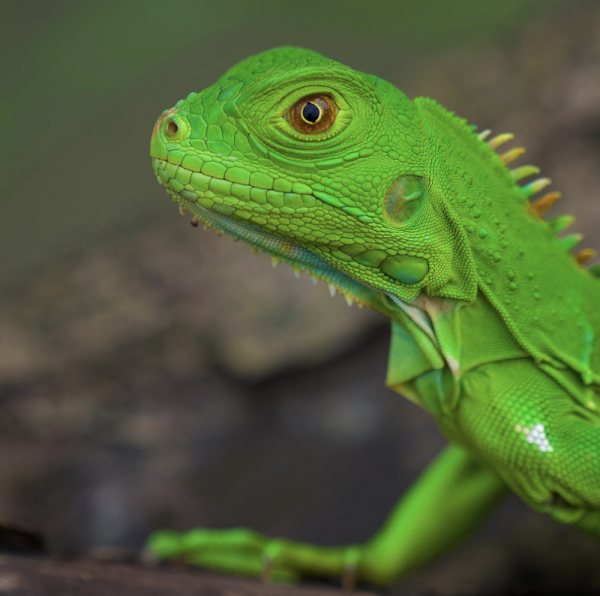Squirrels live longer in leafier parts of London, air pollution study shows Guardian
OK Boomer, face it, you’re now a senior Not OK we are greenies - recycled teenagers
MIT Technology Review: “Now we need to figure out how they’re affecting us. What are chemical pollutants doing to our bodies? It’s a question that’s been on my mind this week, for a few reasons.
Last week, people in Philadelphia cleared grocery shelves of bottled water after a toxic leak from a chemical plant spilled into a tributary of the Delaware River, a source of drinking water for 14 million people. And it was only last month that a train carrying a suite of other hazardous materials derailed in East Palestine, Ohio, unleashing an unknown quantity of toxic chemicals into the environment.
Earlier this week, I spoke to scientists about the potential impacts of microplastic pollution, too. A research team examining seabirds that have accidentally eaten plastic found that their gut microbiomes seem to have been transformed. Birds with more plastic in their guts also have more potentially harmful bacteria, including antibiotic-resistant bugs, as well as others that can break down plastic. Scientists don’t yet know what microplastics are doing to humans.
- “Behold this table, if you can / Its parts assembled to a plan. / But parts can be, without a whole: / Try summing candy with a mole…” — “Composition as Fiction,” a poem by Brad Skow (MIT)
- “No matter how wonderful these online events can be, many of the good things that come with travelling to workshops and conferences are not part of online events” — one consideration among many taken up in a discussion by Ingrid Robeyns (Utrecht) on whether academics should fly at all
- Brief reflections on ChatGPT and its threat to academia, from a dozen philosophers — collected by Ahmed Bouzid
- “Trying to extinguish racism while shoring up race is like trying to put out a fire by pouring gasoline on it. It can only make matters worse” — Subrema Smith (New Hampshire) and David Livingstone Smith (New England) on why “to get rid of racism we have to get rid of race”
- The debate over the authorship of letters attributed to Plato — “enormous reverence for Plato” has unduly influenced it, argues James Romm (Bard)
- “Her philosophy professor is called to the witness stand and counters that it is ‘rather odd, an African woman interested in an Austrian philosopher from the early 20th century. Why not choose someone closer to her own culture?’” — Francey Russell (Barnard/Columbia) reviews a movie based on a true story that “needed to be rerouted and mediated through the alchemical powers of narrative film”
- “A guide to AI and tech in the university classroom. What works, what doesn’t, and why. Written by professors, for professors” — check out “AutomatED”, a project from philosophy PhD Graham Clay
- 93% of philosophy expected to be LLM-authored summaries of corpus analyses of x-phi survey results by 2027 — findings from a new statistical study forthcoming in Mined.
- DeSantis bans teaching of John Stuart Mill’s On Liberty in Florida classrooms — his idea of “experiments in living”, according to parents who had complained about the book, “sounds gay”.
- Philosophy and Phenomenological Research, Noûs, and Ethics among philosophy journals leaving their publishers and moving to Substack — the bad news is they will still be behind a paywall, the good news is that the paywall is only $5/month
- “Other philosophers have simply failed to appreciate just how much can be derived from ‘A=A'”— Richard Marshall “interviews” Ayn Rand at 3:16AM.
- New “Philosophy for Kids” program focuses on teaching elementary students the skills they’ll need — in order to eventually pursue careers in computer programming, business, government, consulting, etc.
- “It turns out there is value in a history of philosophical work on the value of the history of philosophy” — from a recent article in Metametaphilosophy.
- “I am a philosopher who has taken an interest, of late, in Candy Crush, and I find that my experiments have significantly widened the range of accounts of the nature of reality that I am disposed to take seriously” — Justin E.H. Smith continues to push against the boundaries of
